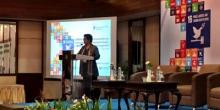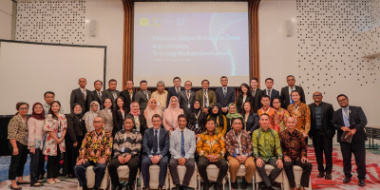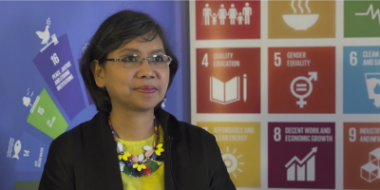Making Environmental Regulations Work for the People (MERW)
Industrial activities in Indonesia can often have a negative impact on communities living along rivers. Regional governments have difficulties monitoring and acting upon industrial water pollution cases, as clear strategies, guidelines and mechanisms to hold those responsible accountable are often absent. Pollution victims are frequently forced to deal with the issue themselves, and tend to settle for low financial compensations, leaving wider environmental challenges unresolved.












